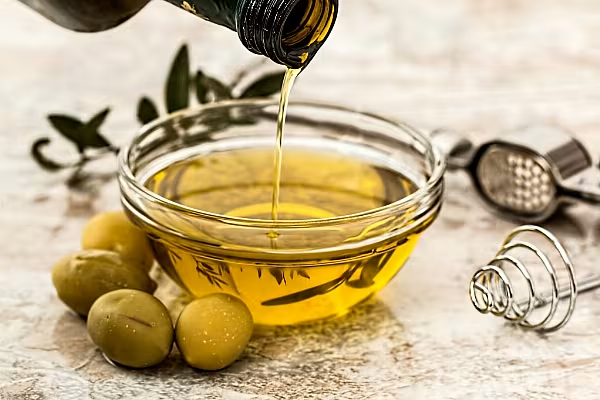Almost 80% of olive oil SKUs in the Swiss retail market labelled as 'extra virgin' failed to meet the quality and purity standards set by the EU and Switzerland, a new study has claimed.
The observation was made by the International Olive Foundation (IOF), which recently concluded a six-month-long study on the quality of olive oil sold in the country.
The study tested the quality and authenticity of 183 extra virgin olive oil SKUs from supermarkets and discounters in Switzerland.
Findings Of The Study
Around 22.95% of the samples did not meet the required standards to qualify as either 'extra virgin' or 'virgin', the study claimed.
Some oil samples exceeded the legal chemical limits required for qualifying in the 'extra virgin' category, while others were found to have sensory defects.
Several samples tested positive for the Lampantöl category, which means that the product is unfit for human consumption.
Two oil SKUs were found to contain refined oil, the report added.
Only 39 SKUs, or 21.1% of the samples, met the requirements for 'extra virgin' olive oil.
Potential For Improvement
The study also pointed out that the Swiss retail sector offers a lot of potential for improvement in the quality of olive oil it offers.
The IOF has called for close co-operation between law enforcement agencies and market participants to address the issues uncovered in its study.
The body has also recommended the nationwide introduction of 'virgin' (second grade) quality olive oil for more transparent product labelling.
© 2020 European Supermarket Magazine – your source for the latest retail news. Article by Dayeeta Das. Click subscribe to sign up to ESM: The European Supermarket Magazine.











